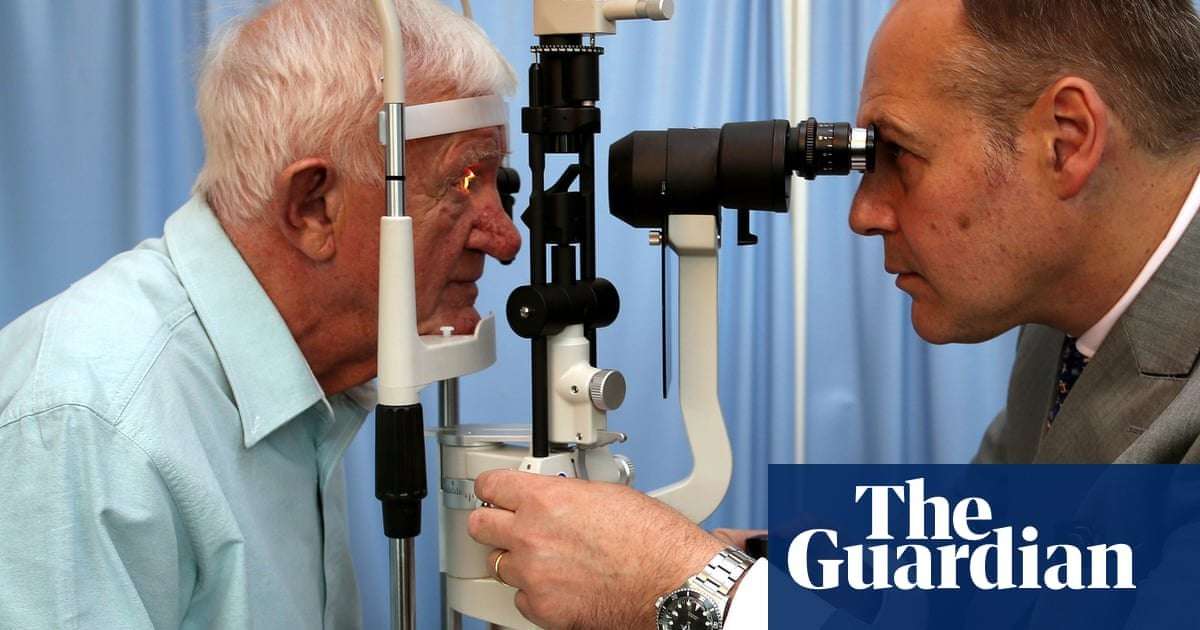Medical experts hail ‘paradigm shift’ of implant that transmits video images directly to the visual cortex, bypassing the eye and optic nerve
Partial sight has been restored to six blind people via an implant that transmits video images directly to the brain.
Some vision was made possible – with the participants’ eyes bypassed – by a video camera attached to glasses which sent footage to electrodes implanted in the visual cortex of the brain.
University College London lecturer and Optegra Eye Hospital surgeon Alex Shortt said it was a significant development by specialists from Baylor Medical College in Texas and the University of California Los Angeles.
“Previously all attempts to create a bionic eye focused on implanting into the eye itself. It required you to have a working eye, a working optic nerve,” Shortt told the Daily Mail.
“By bypassing the eye completely you open the potential up to many, many more people.
“This is a complete paradigm shift for treating people with complete blindness. It is a real message of hope.”
How eye-gaze technology brought creativity back into an artist's life Read more
The technology has not been proven on those born blind.
The US team behind the study asked participants, each of whom has been completely blind for years, to look at a blacked-out computer screen and identify a white square appearing randomly at different locations on the monitor.
The majority of the time, they can find the square.
Paul Phillip, who has been blind for almost a decade, says that when he wears the glasses to go on his evening walks with his wife, he can tell where the pavement and grass meet. He also can tell where his white sofa is located.
“It really is amazing to be able to see something even if it is just points of light for now,” Phillip said.
Study leader and neurosurgeon Daniel Yoshor said his team was “still a long way from what we hope to achieve”.
“This is an exciting time in neuroscience and neurotechnology, and I feel that within my lifetime we can restore functional sight to the blind,” Dr Yoshor said.

QWERTY_REVEALED on July 13rd, 2019 at 12:42 UTC »
I don't see anything here substantially different from when this 2002 article was published: https://www.wired.com/2002/09/vision/ . I am sure there has been progress in the following years, and I think this is exciting technology. But I suspect this is evolutionary rather than revolutionary. One limiting factor to all this is that putting electricity into people's brain seems to make them prone to having seizures. Perhaps better equipment will allow lower voltages or lower currents, and thus less side effects.
iamagainstit on July 13rd, 2019 at 12:18 UTC »
This is pretty incredible. While the information transmitted is pretty limited currently, it is not hard to see a pathway forward towards a fully functional bionic eye.
banjowashisnameo on July 13rd, 2019 at 12:15 UTC »
I always wonder how much progress science would make in around 50 more years. And how lucky you would be to be born in those periods.